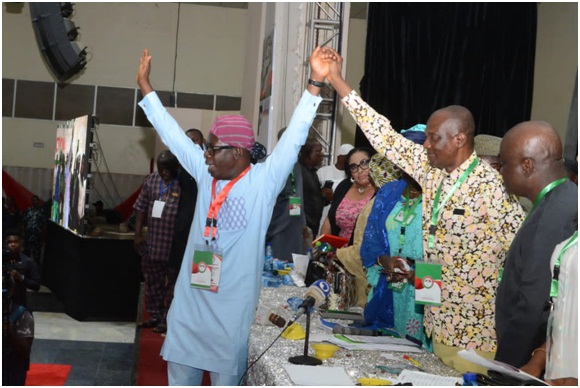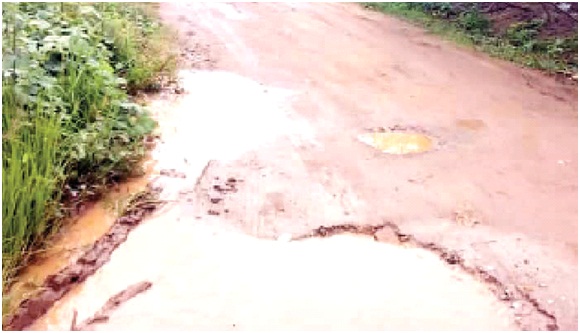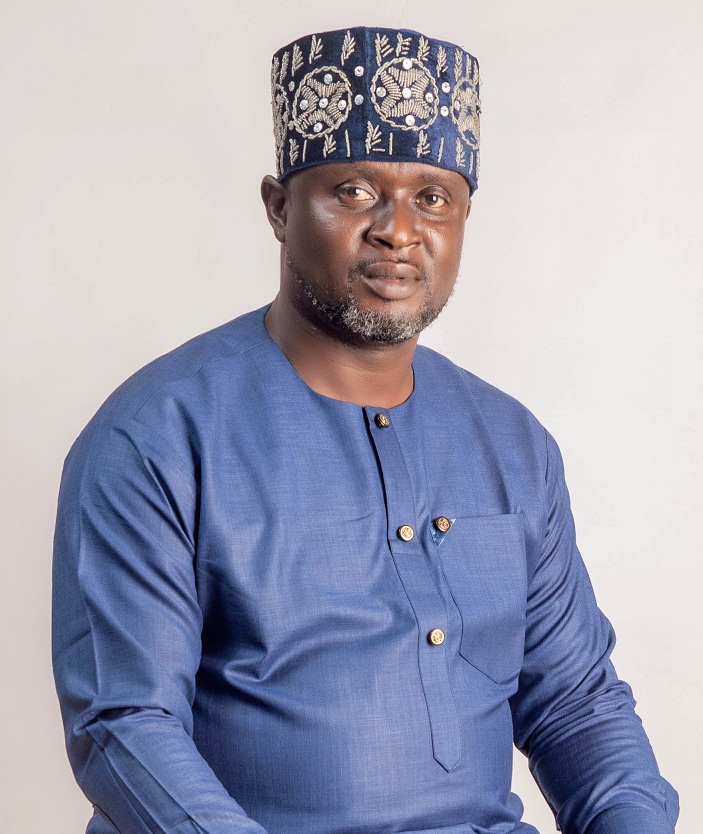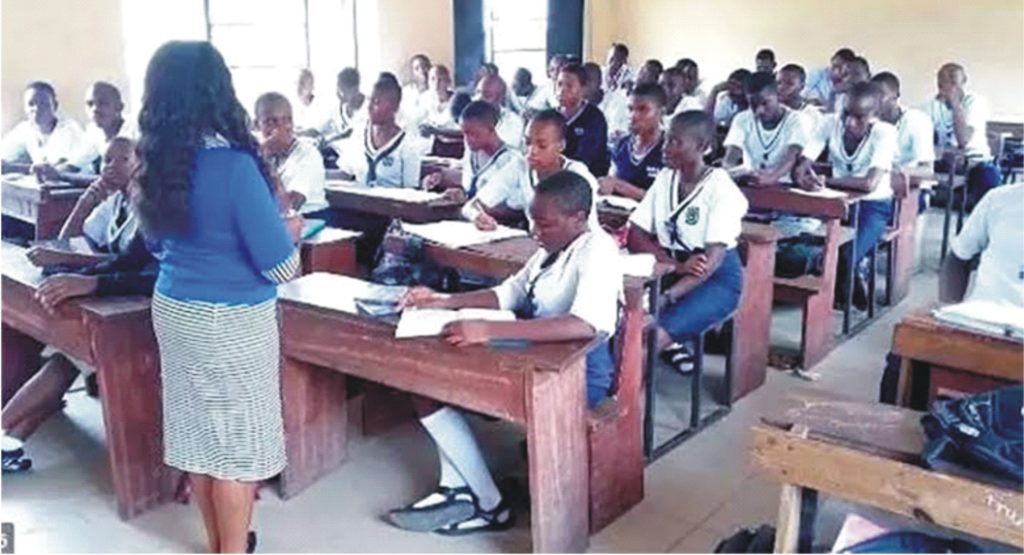Addressing ASUU and FG face-off
By Babatunde Ayedoju
|
Obviously, this has not been the best of times for Nigeria’s educational sector. First, COVID-19 pandemic came early last year and affected the academic calendar negatively. The effect of the disruption on our academic calendar is still evident.
Added to the pandemic was a strike embarked upon by the Academic Staff Union of Universities (ASUU) from March to December 2020. The members of the ivory tower had gone on strike following their disagreement with the Federal Government over the funding of the universities and ineffectiveness and discrepancies around the Integrated Payroll and Personnel Information System (IPPIS), among other factors.
ASUU developed the University Transparency and Accountability Solution (UTAS) to replace IPPIS and had several meetings with the Ministries of Finance, Education, Labour and Employment, and the Office of the Accountant General of the Federation before it was approved, but it is yet to be implemented.
The Federal Government and ASUU reportedly signed an agreement aimed at resolving some of the demands of ASUU, a development that led to the suspension of the strike on December 24, 2020.
The union’s leaders and the government team met on August 2 this year to assess the level of implementation of last year’s truce terms, and the union gave the government till the end of August to meet some demands.
The Minister of Labour and Employment, Chris Ngige, said the government had paid the revitalisation fund as contained in the Memorandum of Action signed with the lecturers. He however added that the money was in the custody of the Central Bank of Nigeria (CBN), pending the conclusion of the audit.
Towards the end of August, the university union came in the news again, with the union giving the Federal Government an ultimatum to implement the agreement it had with them before the last day of August, otherwise the academic body would initiate procedures for embarking on a strike.
Speaking at an interview, the ASUU president, Professor Emmanuel Osodeke, was reported to have said, “The government has refused to reach out to us. Government officials have stopped picking our calls. In fact, they don’t take our calls again. Nigerians should tell the government to do what they agreed to do.
“We signed an agreement and even in May, we reached a final agreement; this is August and nothing has been implemented. Does it make any sense? We are giving them till the end of August and after that, we start the procedures.”
In his reaction, the Minister of State for Education, Emeka Nwajiuba, denied that government officials had stopped picking calls from ASUU leaders, saying that the government was working hard to ensure the release of the revitalisation fund by the CBN.
He said, “Why won’t the Federal Government pick their calls? You called me with an unknown number and I picked your call, sir why won’t we pick calls from ASUU? Who did they reach out to? Talks on the funds for the revitalisation of universities and ASUU are in progress.
The Minister said further, “We are pursuing the CBN to be clear on the timing. Let ASUU reach out to us.”
What is the implication of this situation between ASUU and the federal government on our educational sector?
Speaking with The Hope, Chief Femi Aluko, a one-time Commissioner for education in Ondo State, said, “I don’t know whether the leadership of this country really believe in education. That is my take. It is not ASUU alone they are dealing with but the future of Nigeria. No nation can rise above its education. It’s a pity the leadership of this country are not taking education seriously. If you throw education away, it’s like you have thrown the whole nation away.
“America is leading the world today because of education. Our former colonial master, Britain, is a super power in the world because of education. We still go to America and Britain to learn but who is coming to Nigeria to learn? Our leaders don’t think about this. There is no university in Nigeria today that can boast of completing an academic calendar in a year. It is very sad. Our graduates nowadays are no more graduates, not because of their own fault but because of the system. After all, when they graduate there is no employment.
Chief Aluko further said, “So, whether ASUU goes on strike or not is not the issue, but is the government taking education as an important matter? Do they know that education is the most delicate aspect of our lives? Awolowo introduced free education in the western region and it is the result of that step we are still enjoying. I was a beneficiary.”
According to a student, Theresa Odido, if the crisis between the university lecturers and the Federal Government is not resolved on time, it will lead to a serious academic setback for students.
She said, “If the matter between ASUU and the federal government is not resolved, it will lead to strike and students will not be able to go to school. That way, it will bring about one year setback. Ultimately, it will lead to an increase in cyber crime and prostitution among students who are staying idle at home.
“It will also lead to loss of interest in education among students, as their zeal for learning will drop. Similarly, the students will lose trust in both ASUU and the Government.”She said.










